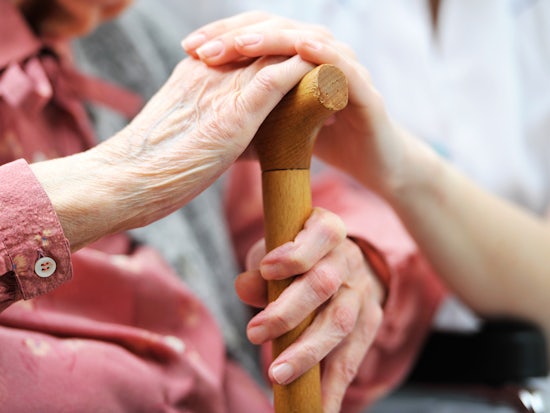Backlash over new aged care workforce taskforce members
Questions have been raised over the lack of nurses and aged care workers appointed as part of the government’s new Aged Care Workforce Taskforce, announced on 1 November.

Concerns that nurses and care staff have been ‘excluded’ from the taskforce have been raised (Source: Shutterstock)
The concern comes from the Australian Nursing and Midwifery Federation (ANMF) who believe nurses and care staff have been ‘excluded’ from the Taskforce which was established by Minister for Aged Care Ken Wyatt with the aim of developing a wide-ranging workforce strategy focused on supporting safe, quality aged care for senior Australians.
ANMF Assistant Federal Secretary Annie Butler has labelled the decision to ‘exclude’ workforce representatives from the Taskforce, as a major insult for hard-working nurses and carers in the aged care sector.
“It’s inconceivable that the Government has set-up a Taskforce to investigate workforce issues and plan a future workforce strategy without nurses and carers,” she says.
“A wide range of stakeholders from providers, consumer and interest groups, through to academics, have been invited to sit on the Taskforce but the ANMF or other representatives of the aged care workforce have been ignored.
“Nurses and carers working on the frontline in aged care are best placed to advise on what is required to ensure proper, safe care is being provided to elderly nursing home residents.
“They are the ones that fully understand the complex conditions of the frail aged, the skills that are required to attend to these conditions and how many staff that takes.”
The ANMF has also called the Taskforce Chair Professor John Pollaers and the office of the Minister for Aged Care to express their ‘extreme disappointment’ and raise their concerns that worker representatives have been ‘shut out’.
A Spokesperson for the Australian Government Department of Health says the Workforce Taskforce is about developing a strategy for a large and growing sector and that unions and workers will be significant contributors to building a shared strategy.
“Careful thought has been given by the Minister and the Taskforce chair to shaping Taskforce membership, how the Taskforce can maximise participation across all the interests involved, and practical ways to make sure that the detail needed can be gathered, analysed and effectively used,” the Spokesperson says.
The Spokesperson adds that the Taskforce membership drawn from all those interests would result in a large unwieldy group.
“The Taskforce is designed to draw together people who can bring high level strategic thinking and experience, from inside and outside the sector, to the process of strategy development,” the Spokesperson says.
“The membership includes people who can bring insights and experience in such areas as education and training, technology and work, rural services, clinical issues and practical service delivery.”
The Spokesperson goes on to say that the job to be done does not stop at the Taskforce itself and adds that through its work, the Taskforce is determined to ensure ‘all voices are heard’ – including unions and workers.
The ANMF adds that despite the decision to not include nurses and aged care workers on the Taskforce, the union will work constructively with any of their aged stakeholders as part of their commitment to fix what they are calling the ‘crisis’ in aged care for the sake of the elderly nursing home residents and their families.
The 12 members of the government announced workforce taskforce include:
- Dr Michele Bruniges – Secretary, Department of Education and Training, Australian Government
- Dr Penny Flett – Pro Vice Chancellor University of Western Australia
- Dr Stephen Judd – CEO Hammondcare
- Professor Linda Kristjanson – Vice-Chancellor Swinburne University
- Alan Lilly – Chief Executive, Blue Cross
- Professor Andrew Robinson – Co-Director of Wicking Dementia Research and Education Centre, Tasmania, and Director Dementia Training Australia
- Catherine Rule – Acting Deputy Secretary, Department of Health, Australian Government
- Tim Shackleton – Chief Executive Officer, Rural Health West
- Pat Sparrow – Chief Executive Officer, Aged and Community Services Australia (ACSA)
- Dr Adrian Turner – Chief Executive Officer, Data61, CSIRO
- Ian Yates – Chief Executive, Council on the Ageing (COTA)










